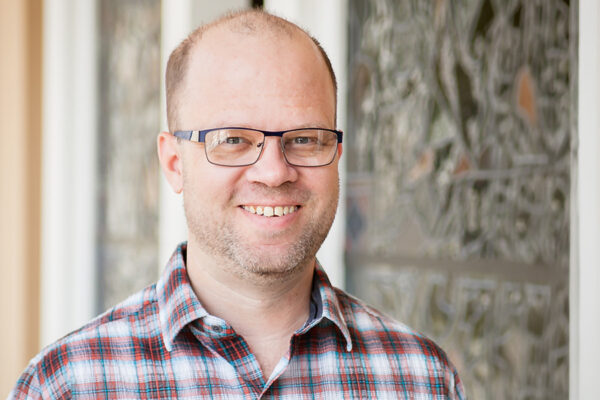Restraint
Ever since Malcolm Gladwell published his popular book, Blink: The Power of Thinking Without Thinking, more than a decade ago, people have been paying special homage to the benefit of “decision by instinct.” What Gladwell proposed, namely that quick decisions are often as good as cautious and deliberate ones, has been elevated for many people to a doctrine. We prize our gut judgment. Nobody likes to admit that he or she is wrong, at least not on a regular basis.
The explosion of the Internet has grown our confidence in personal wisdom. The glut of information that pops onto our screens provides us with the illusion of knowledge more than the reality of insight. But why would that keep us from feeling wise? Everybody can be a self-educated whiz these days. When everything is 24/7 available – let’s face it, we’re drowning in news and data – experts aren’t needed. In fact, experts aren’t wanted by a whole of people. To reject someone with specialized knowledge or skill can give one the feeling of a wonderful high. It’s freeing not to be tied down to someone with expertise or insight. Ignorance is a virtue, some people seem to display, especially if they have something they really want to say, and reason or fact aren’t especially important. I’d argue that a lot of populism is built on a peculiar contempt for those who have specialized or helpful knowledge. And, as we know, populism is rather popular these years.
But I wonder if we have over-gloried the concept of gut instinct and forfeited too much of the value of deep reasoning. We have a rather romantic notion of how bright we are, and how informed and literate we are on any range of subjects, from foreign policy to science.
But let’s think about this. Greater personal restraint would provide some antidote to these dilemmas. Imagine how different we’d be if we could restrain ourselves even a little bit every time a news alert shows up, prompting us to lash out with strong emotional opinion. Hitting the pause button on some quick opinions and snap judgments would go a long way toward helping us become more literate and informed people.
I sometimes think about the reticence of Jesus; how reluctant he was to say too much in so many settings. His silent stand up against Pilate is one of my favorite passages: “He [Jesus] gave him [Pilate] no answer.” Time and again, we wish Jesus would have said more on all kinds of subjects. But in his restraint, he may be encouraging us to reflect more deeply, decide more carefully, and think of others before simply hunkering down in our own wisdom.





Kathryn Graver
When I was a child, my dad would “say children are meant to be seen and not heard. “This used to make me mad, as I read your restraint article, I thought he might of been trying to help me learn, to listen, observe , and wait for the right moment as Jesus did. I’m sure he did not give it that much thought but I did learn to wait my turn, some of the adult talk was boring, , but some was interesting, I learned family history, politics and the ways adults acted in the early 60’s , similar to our current tread. Lessons learned from childhood.
Scott Kelling
It is extremely difficult for me to grasp how one can conflate Jesus’ reticence with a contempt for populism.
For 60 years the American republic has been ruled by a powerful and unchallenged elite class comprised of government elites, business elites, academic elites, media elites and elites entrenched in the administrative state. The product of that rule has been the demise of social order, the rise of anti-democratic academic intolerance, more war, greater poverty, less educational achievement, failed health care, disastrous opioid abuse, and a Middle Eastern foreign policy that created the most massive refugee crisis in human history.
Lo the rise of populism. Now the people, the populists, are questioning the wisdom of those with the “specialized” knowledge.
I have to wonder, if Jesus were in our midst today, how much restraint he would show. Or would he caste out of the temple the anti-populists and set afire their altar of hypocrisy?
David DeWit
Good points. I spent earlier years in churches where the was virtue in believing and professing things that did not make logical sense – the more illogical the better. As a scientist, trained to subject everything to logical scrutiny, I was sometimes accused of “thinking too much. ” To me, such a climate is populism in a religious context – insistence on homogeneity of thought and belief within a body.
Kathleen Hurty
Very insightful comments. Thank you!!
Kristin Post
A new daily reflection.
Becky Morgan
I recently joined a group called the Transpartisans, whose purpose is civil discourse between people whose political ideas differ. The focus is on listening, in order to understand the other’s point of view. One of the most difficult (!) and interesting groups I’ve ever experienced!
Stella Herzig
Brilliant.
Tom Hebbeln
I almost commented, but instead I shall be reticent.